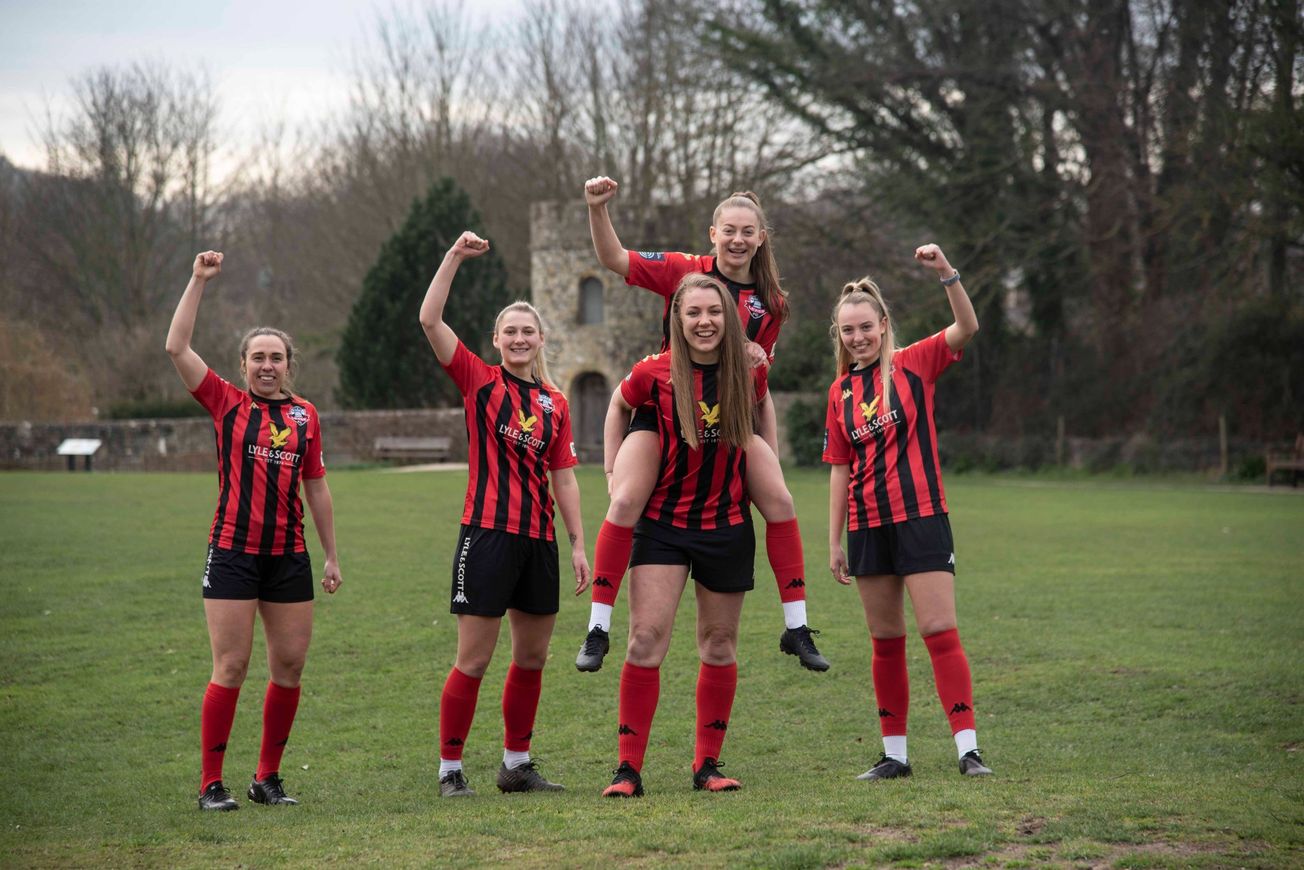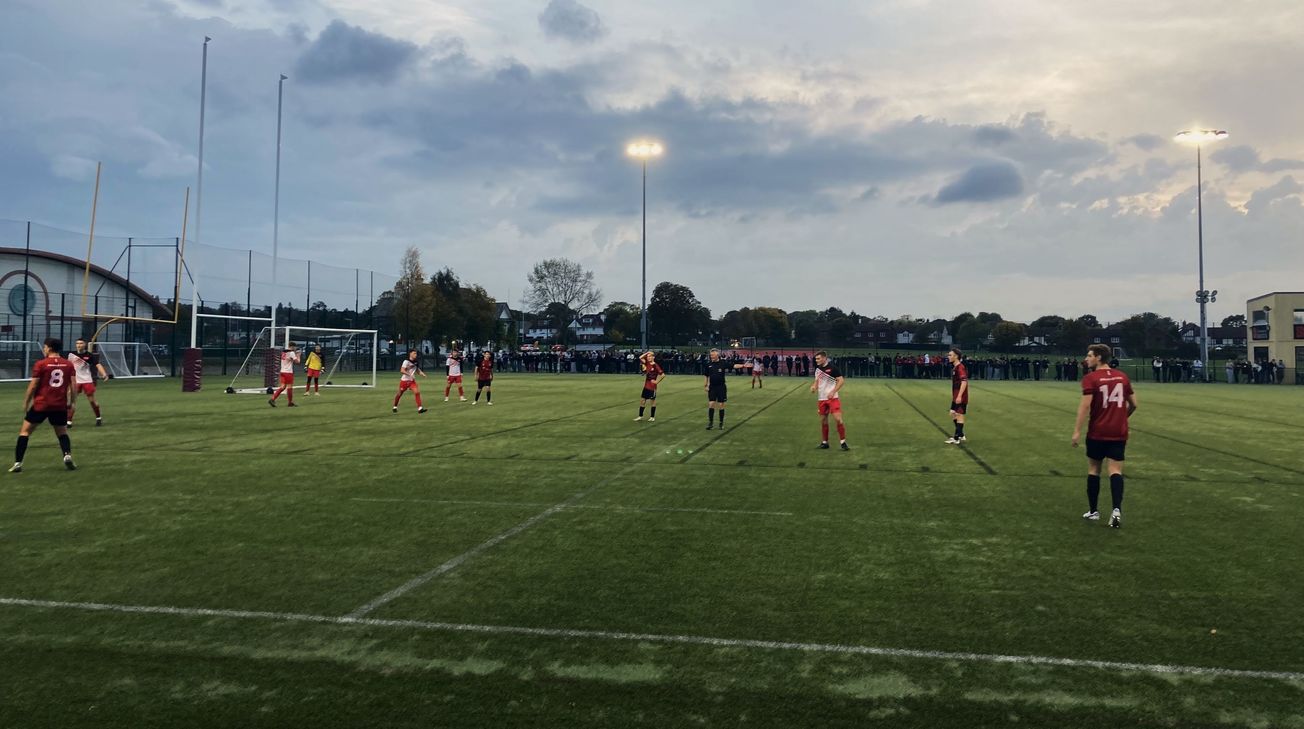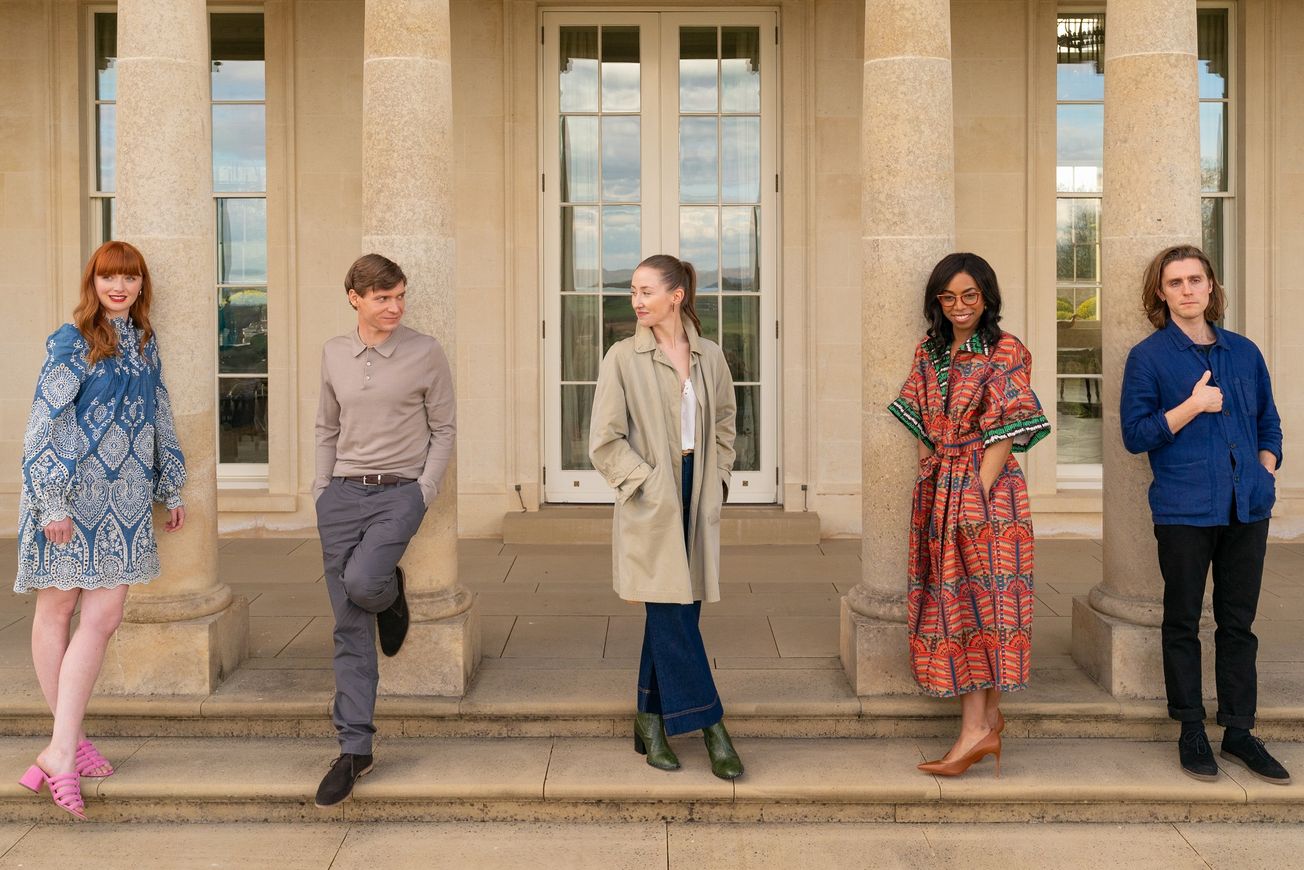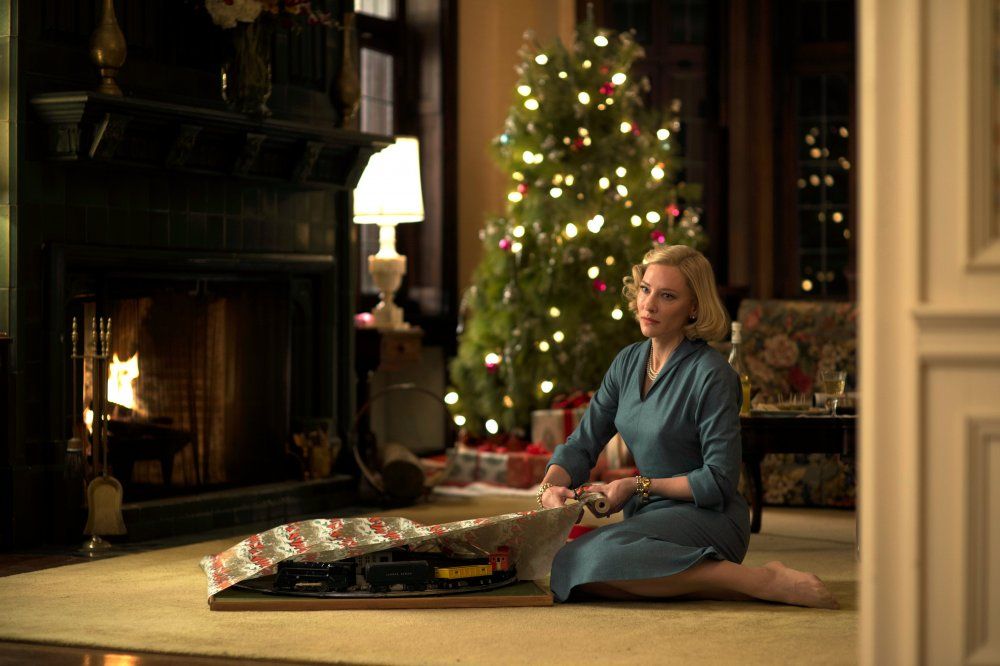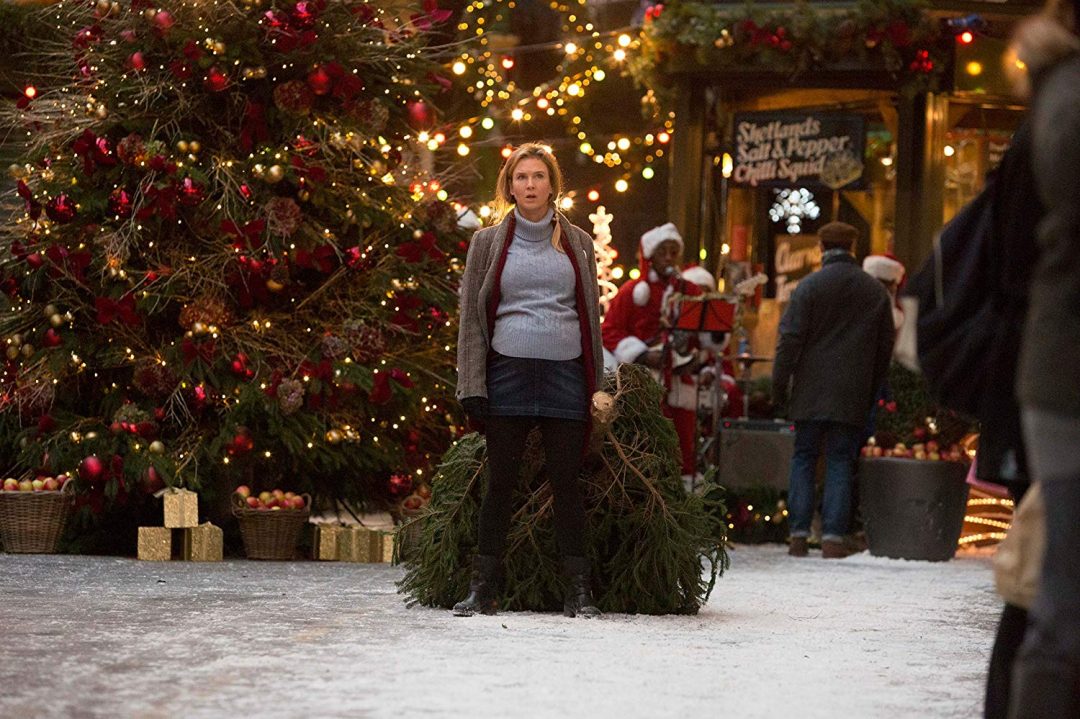By James Dowden, Deputy Sports Editor
Down on the south coast of England there is a football club like no other.
With the steep grass-banked terraces and beach huts looking out over the pitch the delightfully named Dripping Pan has its own deal of rustic charm and beauty, but behind this quaint ground is a club on the international stage.
Based in Sussex, Lewes FC are a pioneer in gender equality and are the only professional football team to pay both their men and women players the same. Karen Dobres is currently an elected director at the club but her own personal journey reflects the wider stigma and challenges that women face in the game.
At the time of the interview, Dobres and the club are busy preparing for a huge crunch league fixture in a little of 24 hours but sport wasn’t always such a huge part of Dobres’ life growing up in north-west London. ‘Football and sport weren’t on my radar which is even worse because it’s like I didn’t have the opportunity.’ The FA ban on women’s football was still in force up until as late as 1971 and consequently it was not readily available and the time for young girls such as Dobres. 'For me even going to school the boys played football and the girls simply didn’t.'
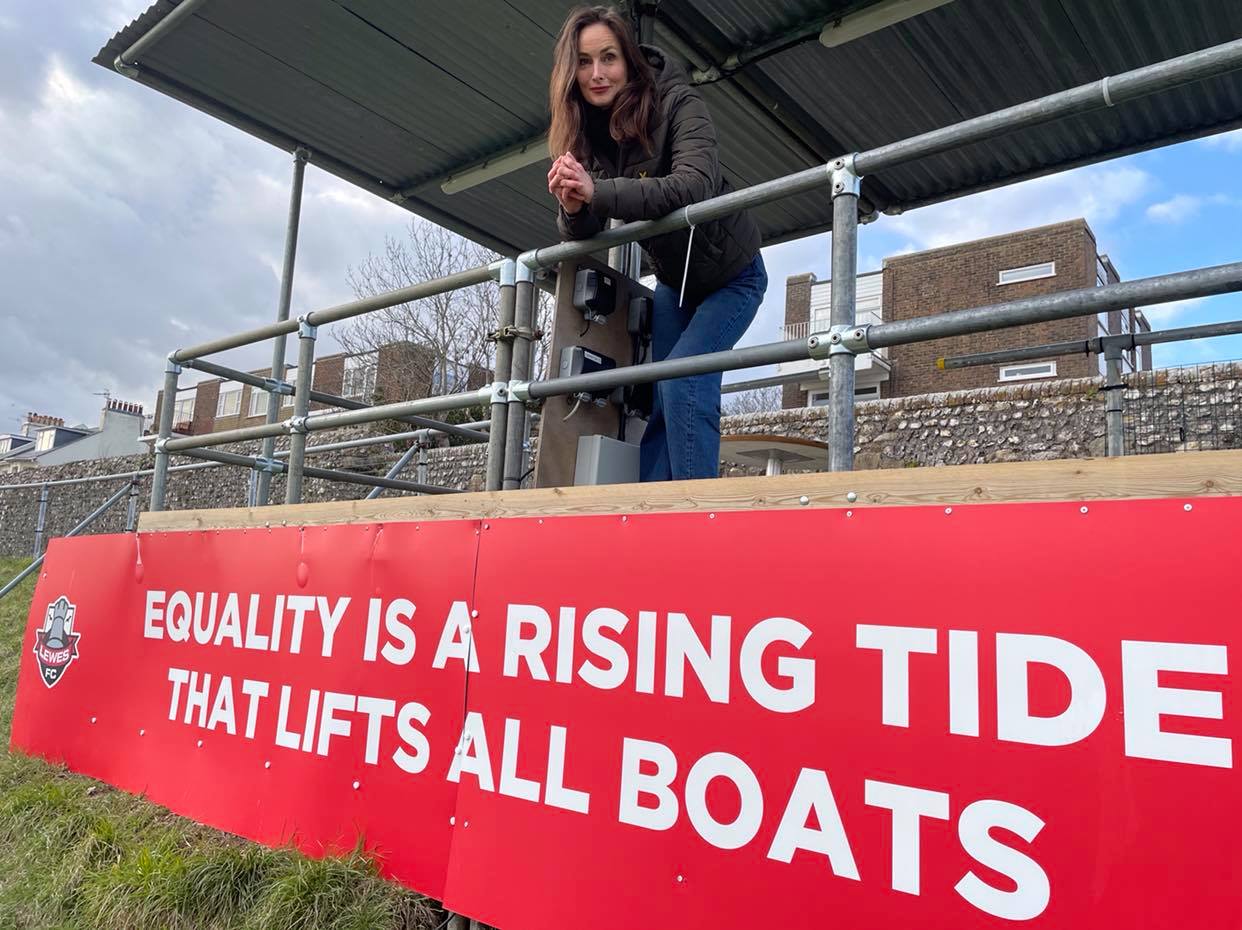
Dobres’ involvement with the club came after she moved with her family to the area. In 2017 it was formally announced that Lewes FC would become the first-ever football team to pay both their respective men and women’s teams equally. However, it was not just equal pay. 'It was equal budgets, equal marketing, equal resources, same amount of coaching, same amount of everything – so equal value.'
At first, the club faced criticism from certain quarters due to the fact that at the time this world first in equality was being adopted, the women were averaging 120 through the turnstiles every week whilst the men were averaging 250. Fast forward two years, and thanks in no small part to the tireless work and dedication of Dobres, the women’s attendances had quadrupled to equal those of the men.
'I decided to dedicate myself to it 100%,' Dobres says. It was a challenging prospect but through communication and dialogue with various women’s groups including the Women’s Institute, feminists societies and charities she persuade them to come to a games.
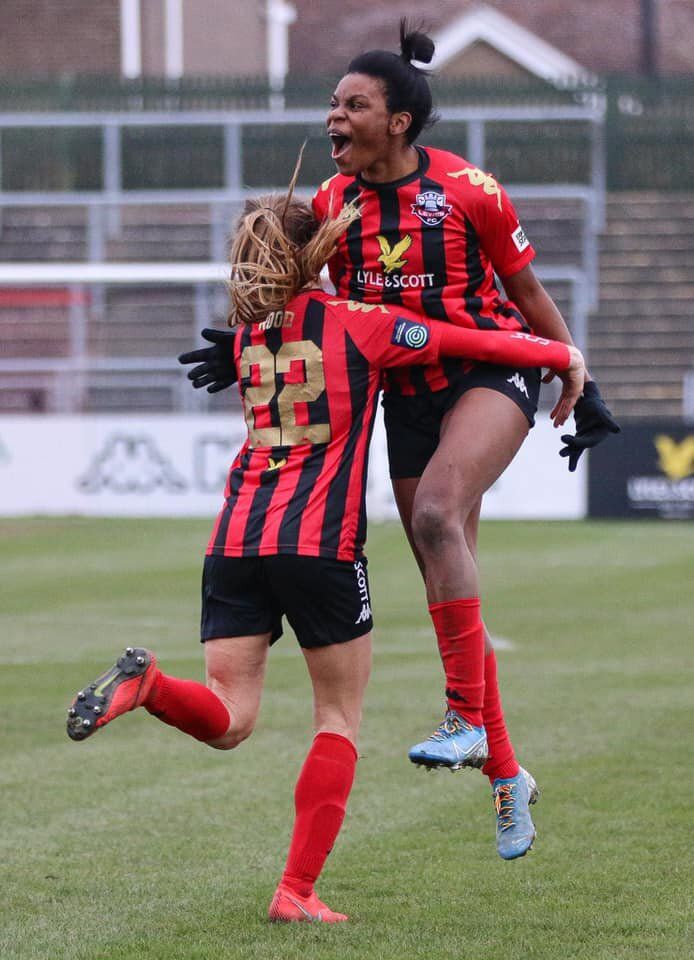
Once they came they often ended up staying…
Lewes FC were also unique in their approach to welcoming fans and especially female fans. The club implemented a variety of innovative initiatives from bringing in prosecco on tap in the clubhouse bar to offering nail painting (in the red and black of Lewes of course) to help create a sense of community and attract the previously 'unwelcomed women.'
So game-changing was this approach that Lewes won an award from UN Women UK in recognition for their work if the field of gender equality in 2019. Dobres highlights this as her best moment with the club, especially as it came by complete surprise.
'To win the award was amazing. We had an interview with seven people up in London but we’d never thought we’d win. It was just brilliant and again it was that recognition because when you are really trying to change things and push culture forward you’re always getting pushback. You’re always getting negativity. So, when you’re working really hard it’s amazing to get that external affirmation from someone like UN Women.'
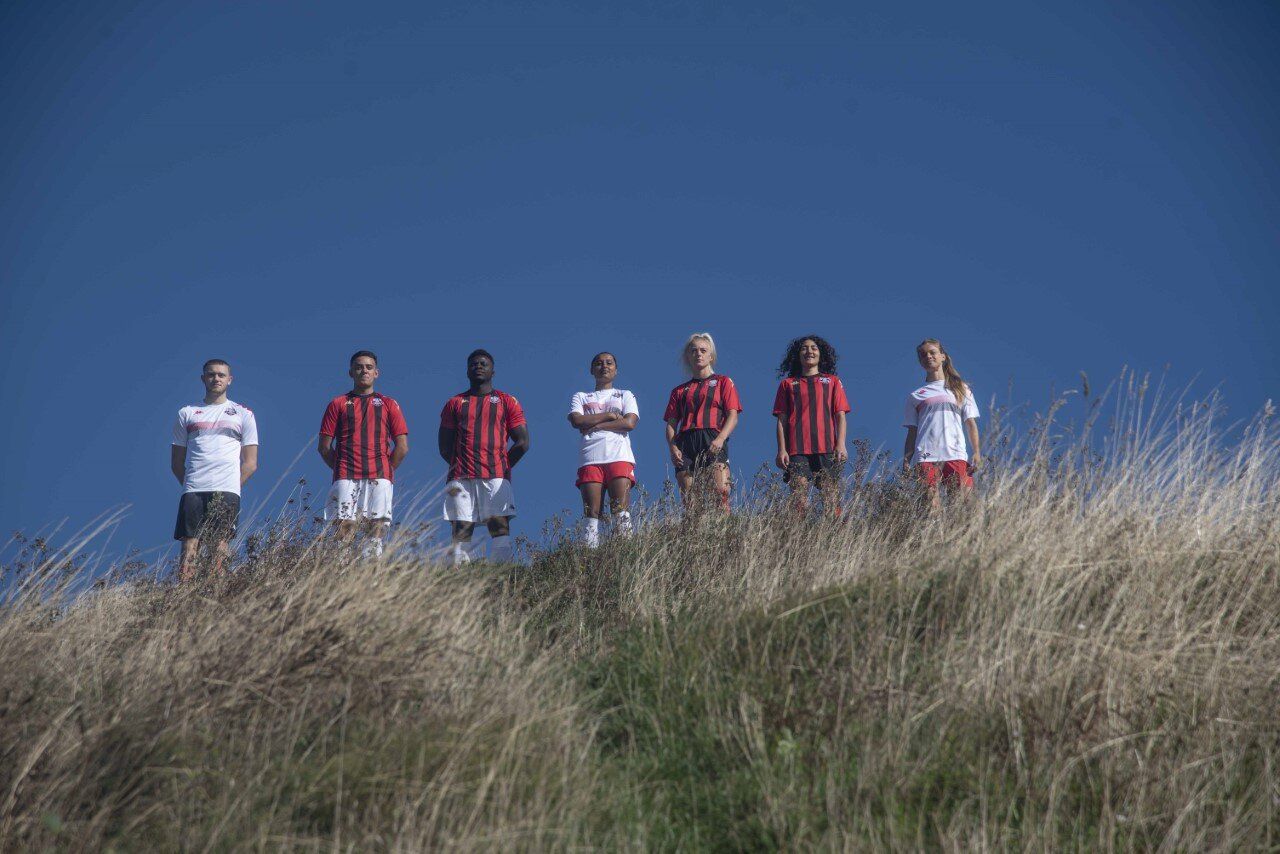
Having already been a club with a trailblazing legacy the future appears bright for Lewes FC and the aim is very much of expansion and progression. 'We’ve changed history. Everyone said we were nuts to do it but we now need to do is create history and move it in the right direction' and chiefly amongst these aims is a promotion to the Women’s Super League. 'If we do get there with the women I think people they’ll have to look because our platform will be bigger and we’ll have really achieved something.'
The real aim however is something even bigger and Dobres’ final words are full of hope and inspiration. 'We want to expand. We want to take over the world! In fact, we want to be the most owned club in the world and at the moment we’re on 1,600 owners but Barcelona’s on 150,000. We’ve got a way to go. If we can do that we don’t have to keep worrying about sponsors because we’ll have that money coming in through that revenue.'

